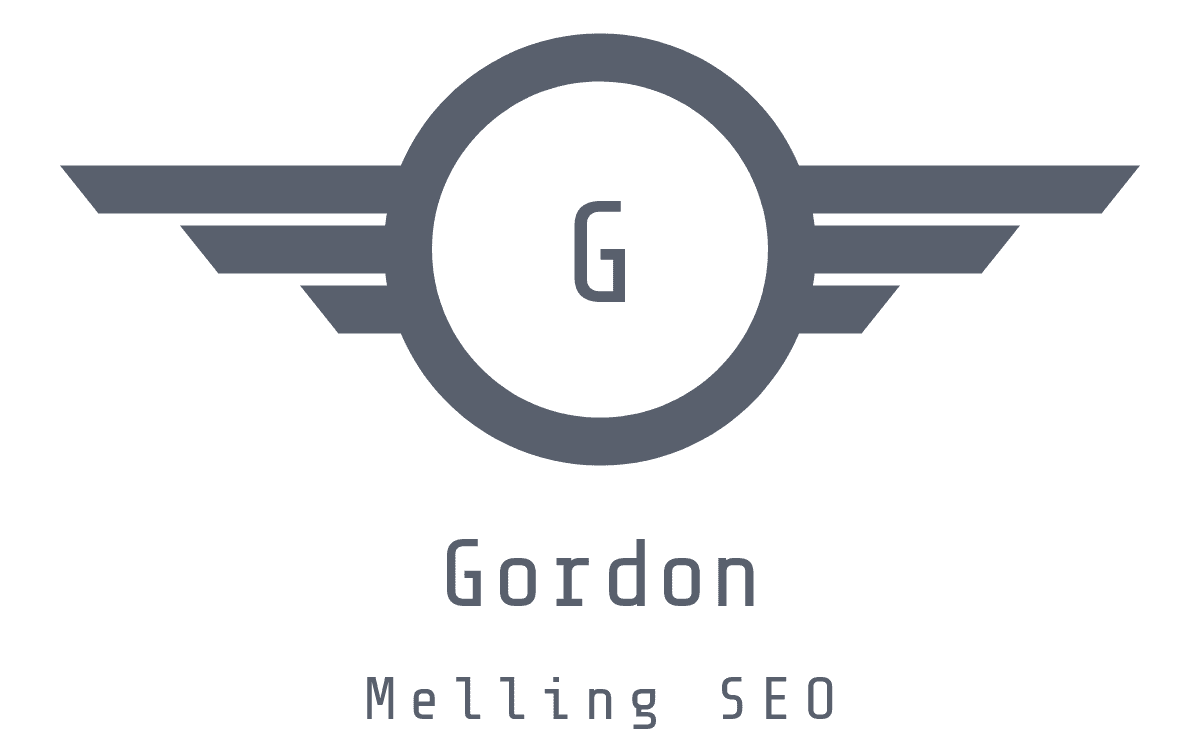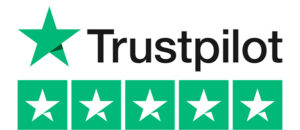Because of the importance of links in Google’s algorithm, link building should be the foundation of any off-page SEO strategy. However, it is important to understand how you should go about approaching link building as an off-page tactic in order to be successful.
One of the most important objectives of off-page SEO is to increase the authority of your company. Inbound links from authoritative websites help to establish your own website as an authority — they serve as a vote of confidence from one site to the next.
Obtaining high-quality links from authoritative websites should be the primary goal of any link-building campaign. It is always preferable to prioritise quality over quantity. It is critical to understand the nature of the link gap that exists between your own website and that of your competitors.
The act of link building as an off-page strategy, however, entails a little more than simply targeting authority websites (note: it is not easy to get authority sites to link to another, but with the right approach, it is absolutely possible).
The following are the three most important factors to consider when it comes to link building:
Authority
Hopefully, by this point, you have a better understanding of why the authority of links is so important. Using our own proprietary metric — Authority Score — you can determine the authority of any website from which you are interested in earning a link, as well as the authority of links that currently point to your domain. How does AS work and what does it measure, you might wonder.
The Authority Score is a composite domain score that grades the overall quality of a website and indicates how influential a backlink from that website can be. The following SEMrush data was used to calculate the score:
-The quantity and quality (authority) of backlinks pointing to a domain.
-The number of referring domains and the number of referring IP addresses.
-The difference between follow and nofollow links.
-Search engine traffic derived from organic search (from our Organic Positions report).
-The number of people who use the service (from our Traffic Analytics report).
Use the Backlink Analytics tool to gain insight into the authority score of current links and see how they relate to each other. On the ‘backlinks’ tab, you can see all of your site’s links, as well as their associated authority scores:

You will notice that the authority score is displayed in the first column header ‘Page AS.’ The higher the score, the greater the authority of the linked page is.
But what about when you’re looking for new links to build?
It is possible to run any domain through the Backlink Analytics tool, and the tool will display the AS for that domain, rather than just the AS for the domain linking to it. This information can be found on the domain’s overview tab
The goal of link building should be to obtain links from sites with a high Authority Score, and with the data available from these tools, you can incorporate this information into your prospecting process.
Unique Domains Linking
One of the most important indicators of link building success is the number of linking root domains that point to your website, which is even more important than the number of backlinks. Several studies have demonstrated a strong relationship between the number of linking domains and higher search engine rankings. As part of your overall strategy, you should place a strong emphasis on domain diversity.

The referring domains tab of the Backlink Analytics tool allows you to see the total number of unique domains that have linked to your site in the past.
Website Topic Relevance
Always strive to obtain links from websites that are related to your own in terms of topical alignment. To give an example, if you run a travel website, you should strive to have the vast majority of the links that you earn come from other travel websites, such as blogs, online publishers (such as Lonely Planet), tourism boards, and other similar organisations. It makes perfect sense.
Sites typically link to other sites that cover a similar topic, rather than sites that are unrelated to the topic. Having said that, it is acceptable to have some links that originate from other topics if they are natural and make sense; however, the majority of the links should be closely related to the topic at hand.
The question is, what are the specific tactics that you can employ in order to build and earn authority links.
Check out our comprehensive guide to link building strategies that work in 2020 to gain a thorough understanding of the tactics that you could employ, but some of our favourites are as follows:
- Public relations on the internet
- Brand Mentions That Aren’t Connected
- Creating a network of resource links
- Newsjacking
Having said that, there are a variety of effective tactics you can employ to build high-quality links, and diversifying your link profile should be a primary goal of your efforts.




